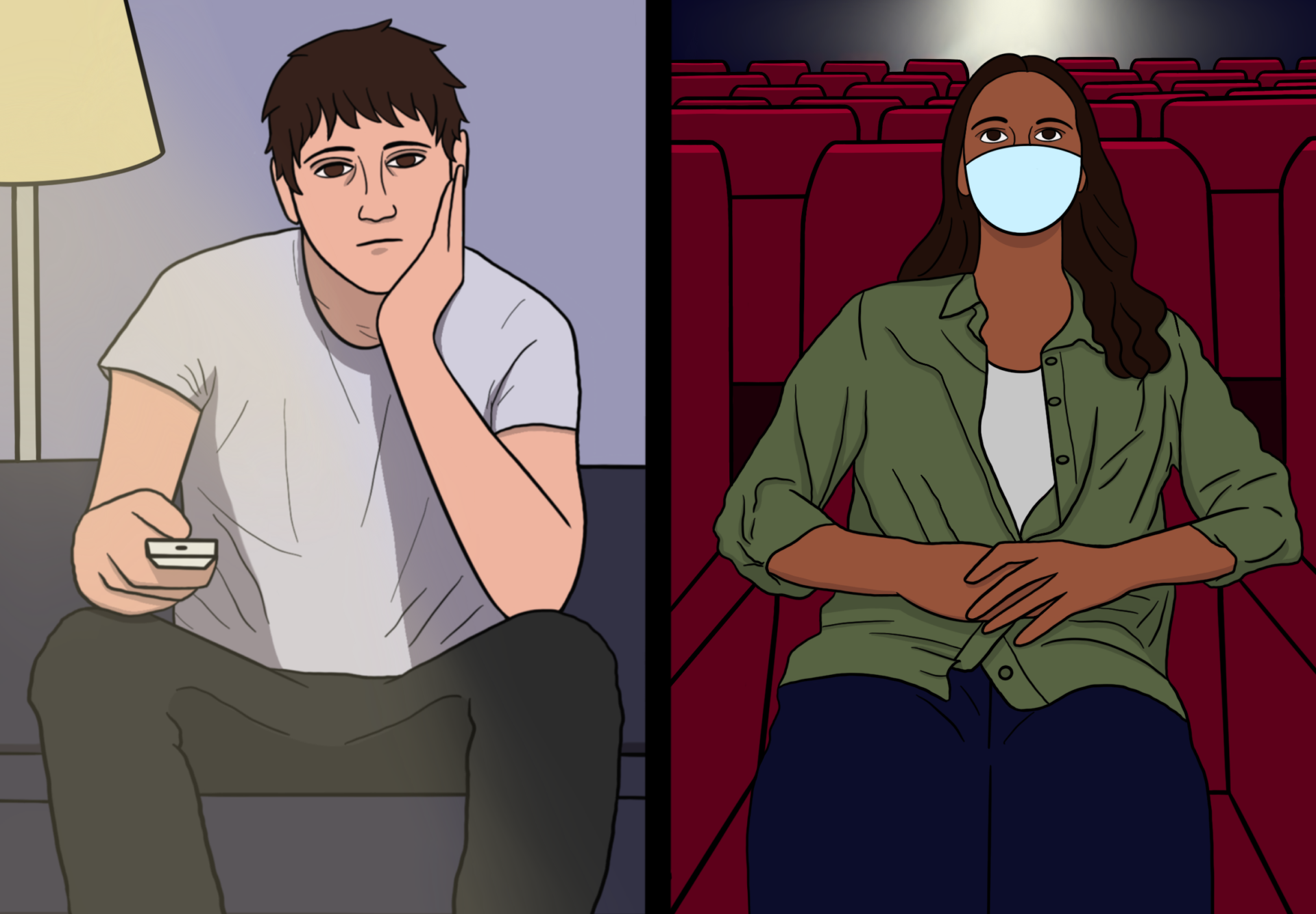
As a proud HBO Max subscriber, I can attest to the excitement of exclusivity that comes with being told that only you and a select few other people have access to certain movies. As of December 2020, these “select few people” numbered 12.6 million subscribers globally. Nevertheless, receiving an email from HBO with the subject line “Just for YOU” always feels good.
AT&T is putting this exclusivity model to the test in 2021 by limiting where content produced by its Entertainment Group can be streamed. Specifically, this model applies to Warner Bros. Studios, AT&T’s major content producer. Warner Bros. was one of the original “Big Five” studios in Hollywood’s Golden Age of the 20th century, and it still ranks second only to Disney in terms of box office sales.
When movies are first released in theaters, they stay for approximately three months before being released onto streaming services and DVD. Streaming services usually fight over where a movie will land, expending millions of dollars and thousands of billed hours from their legal teams in order to score the rights to a big hit.
This model has been thoroughly shaken in the last year. Due to the COVID-19 pandemic, more than 60% of movie theaters in the United States remain closed, and it seems as though this will not change for the foreseeable future.
In order to adapt to this change, Warner Bros. announced their decision to release their entire 2021 slate of movies (17 in all) on HBO Max the same day they are released in theaters. HBO Max subscribers will now have access to their own personal home theater for newly released movies, for up to a month after their original release date. This is all well and good, except that a personal home theater is just not as magical as the big screen.
Just like a “personal home exercise routine” often turns into a “doing some ankle rotations while watching TV” routine, the exclusive home theater model will likely look similar to how streaming already looks: people watching movies alone in the dark, simultaneously scrolling on their phone.
I would venture that this is not what Harry, Abe and Sam Warner had in mind when they founded the studio in the early 1920s. They founded it on the principles of community and majesty, which is exactly what watching a blockbuster movie should be like.
There should be a difference between a movie you see at home versus the one you watch in the theater. I can list all the movies I have seen in theaters over the past three years. Not because there have been so few, but because they have been so memorable. There is something about the experience of sitting in the dark in uncomfortably upholstered seats eating thousands of calories of synthetic butter with the people that you love that can not be replicated at home.
I understand that Warner Bros. is no longer a family business, and it has to worry about changing to maintain a profit, but so far I am not sure that this new model is even helping them break even.
Warner Bros. has only tried this new method with two movies so far. The first, “Wonder Woman 1984” had a mediocre performance at the box office. Although it topped 2020’s box office numbers with a $16.7 million gross in its opening weekend, the five best-selling movies of 2019 earned an average of $500 million in their first three days.
To put this into perspective, “Wonder Woman 1984” has made Warner Bros. $118 million globally to date, and it cost the studio $200 million to make.
Overall, this “hybrid model” has not exactly shattered the charts when it comes to ticket sales. HBO has yet to release its January subscriber numbers, so it remains unclear whether “Wonder Woman 1984” had a significant impact on the platform’s streaming revenue. However, there are still 16 Warner Bros. movies to come before 2021 is over that could help tip the scales.
Subscribe to the Mossy Log Newsletter
Stay up to date with the goings-on at Lewis & Clark! Get the top stories or your favorite section delivered to your inbox whenever we release a new issue.

Leave a Reply